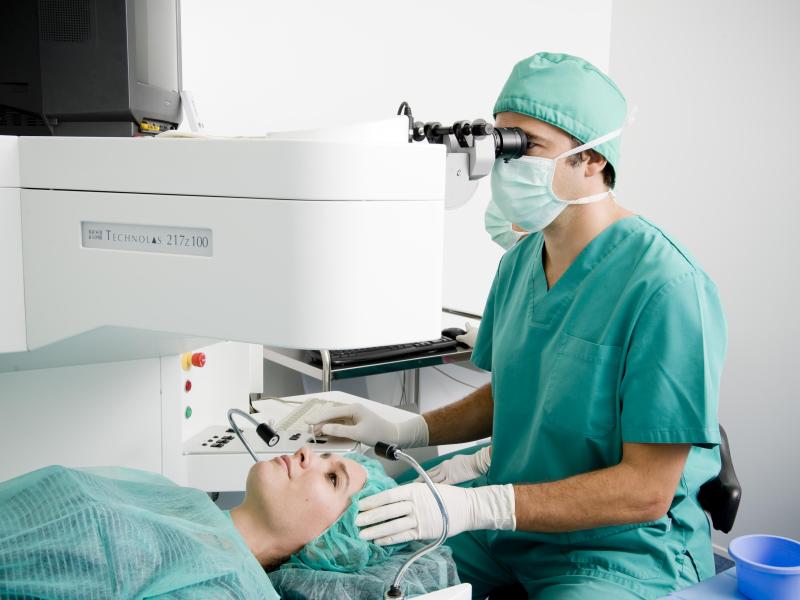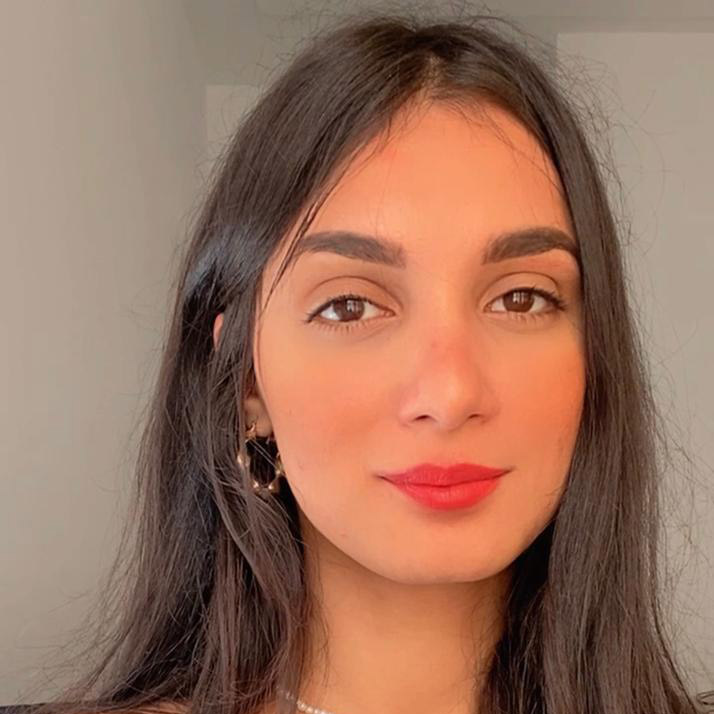Venus Strabismus: What is it?
Strabismus, called "twisted eyes", is a misalignment between the two visual axes of the eyes. Clinically, one of the two eyes appears deviated from the other. Strabismus can affect both children and adults.
Venus squint is asymmetrical, meaning it affects only one eye and causes the "diseased" eye to turn the pupil slightly inward or, more commonly, outward, exterior to the axis of the face. The eyes are in such a state that the pupils do not seem perfectly aligned, being negatively affected by an anomaly that often affects the eye muscles.
Strabismus of Venus in children and adults
In children, it occurs in about 2% of cases and usually appears early (before age 5), usually due to heredity or the presence of incorrect refractive vision disorders. Up to 6 months of life, strabismus is normal, after which, if it persists, it becomes necessary to consult a doctor for correct diagnosis and correction. Even if the little patient does not complain of visual disturbances, the cross-eyed eye may become "lazy" over time.
In adults and the elderly, this defect is most often related to a latent decompensated strabismus, or paralysis of an oculomotor muscle following inflammation, trauma, or nerve damage. The patient manifests diplopia, that is to say, double vision.
The strabismus of Venus is so-called the goddess of beauty which is represented in the famous painting by Sandro Botticelli, in which we can observe the typical gaze characterized by a very small misalignment of the eyes, which does not seem to fix the same point.
Common causes
The most common cause of Venus strabismus is dysfunction of the eye muscles, but this is not the only reason behind this visual defect. If you are an adult, for example, this eye divergence could be due to:
- Infections
- Degenerative diseases of the nervous system
- Stroke
- Head trauma
- Vascular diseases
- Brain tumors
- Thyroid disease
- Diabetes
- Myasthenia gravis
- Eye diseases (e.g. cataracts)
In children, however, if the problem does not go away with growth, possible causes include:
- Myopia
- Hyperopia
- Astigmatism
- Amblyopia
- Down syndrome
- Premature birth
- Hydrocephalus
- Cerebral paresis
- Retinoblastoma
- Fetal damage at birth
The diagnosis of strabismus
The diagnosis of strabismus must be made by the ophthalmologist and in children, in most cases, it occurs during the visit of 3 years. The doctor must understand when the disorder appeared and if there is a deficit of vision or a refractive error. The prenatal pathologies (or in any case the history of pregnancy), the familiarity, and the patient's clinical condition are important.
Visual tests will likely be needed such as the cover test, in which you cover one eye at a time and observe its behavior and the eye motility test, in which you may be asked to stare at a point (a light and a finger) in a movement, the stereopsis test, which is used to recognize figures in relief, and the Worth test to analyze binocular functions.
Venus strabismus treatment
Venus strabismus cannot be corrected because it is usually a very minimal defect, which does not create problems or repercussions, but rather, adds charm to a person's look. Your doctor is more likely to decide to correct any accompanying defects, such as nearsightedness or astigmatism, which should help restore your eyes to normal alignment. In children, the treatment of strabismus must be carried out as soon as possible to prevent amblyopia from becoming permanent: with the famous lazy eye, the healthy eye is covered to stimulate the one that works the least. If the ophthalmologist decides to prescribe lenses, it is because of a refractive error or paralytic strabismus. When the strabismus is very severe, surgery will be recommended instead. However, this is a fairly rare event, not involving that of "Venus" and is generally avoided in small children.






